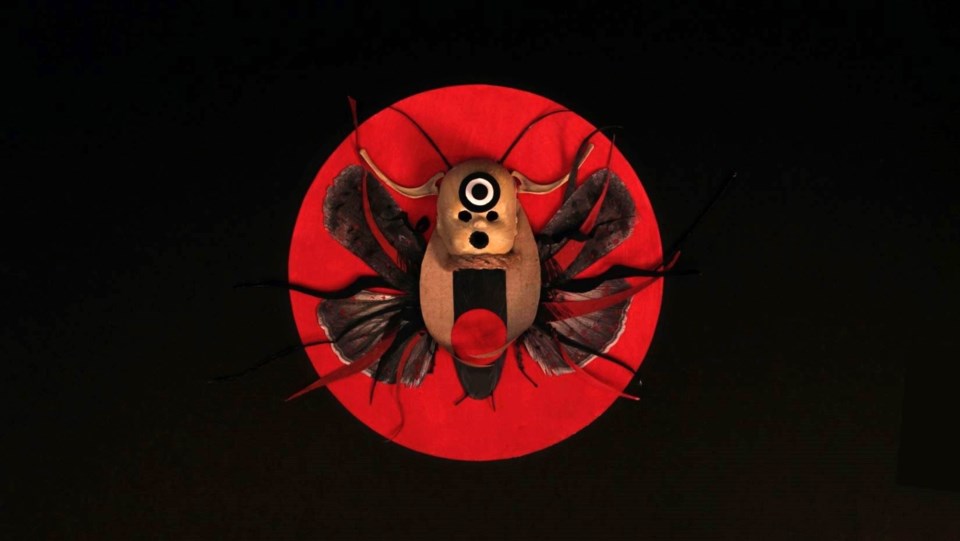YORKTON - Filmmaker Narges Rezaian says having a film among the finalist at the Yorkton Film Festival is a big thing.
In Rezaian’s case, her animated film Pilgrim is a finalist for the Best of Saskatchewan Award.
“I was thrilled about this recognition,” she told Yorkton This Week.
So, how important is the award in terms of validating the film and helping market it?
“It will be an honour to receive such a prestigious award, and it will definitely promote my art widely to the art society around Canada and beyond which is very precious to me as an emerging artist in Canada,” said Rezaian.
Being a YFF nomination carries weight too.
“In my opinion, YFF holds significant value to the industry as it is a testimony that film making and the community of filmmakers are very strong and there is a huge potential for not only artistic creation but industrial growth and prosperity which can contribute to the province's economy and progress,” offered Rezaian.
The film has already garnered notice for Rezaian.
“It was nominated and awarded the Best Experimental Moving Image at the Saskatchewan Independent Film Awards (SIFA) last November,” she said.
Pilgrim is certainly a unique finalist.
“It is a surrealist autobiographic experimental short animation about my lived experience as an immigrant in Canada,” explained Rezaian. “It tries to address not only physical challenges such as accessing proper health care but also challenges associated with reforming my identity and belonging while experiencing the ‘otherness’ symbolized by the idea of insects, which also could be recognized as a true potential for rebuilding self-image freed from any boundaries and forced limits, and as an Iranian woman living under systematic oppression against women in Iran, such potential became a chance for rebirth.”
But, what led to the film’s creation?
“It was a way of documenting my physical and mental experience as an immigrant/other in Canada and its challenges and potential,” said Rezaian. “So, the very experimental and raw nature of it is rooted in my approach to the film as a pure uncut and unedited capture of my inner thoughts and feelings as they would emerge and happen under camera.”
As a personal story, sharing it with the world was not always an easy part of creating Pilgrim.
“Restoring the most challenging, sometimes even traumatic, moments of my life was the hardest part of the production,” said Rezaian.
“Sometimes I needed to spend hours creating a progressing image, such as Iran's map bleeding and being destroyed, which was triggering and very hard for me to bear.
“However, I knew that showing how the toughest moments of life can also cultivate a chance for transformation and growth to other immigrants, especially women who mostly endure a huge amount of hardship before their immigration, would hopefully help them to stay strong and strive to claim the life they deserve.”
In the end Rezaian said she feels the starkness of the film really carries her story.
“Its rawness and reliability -- when the film was first screened, I received such positive feedback and comments not only from immigrants but also from Canadian audiences who were touched by the film as they found the film so relatable and it is since the film ultimately is about our day-to-day challenge as humans living in a mechanical world with categorized labels that cannot define us,” said Rezaian.
“So, the film ending with endless possibilities of change in the midst of all that, advocates for their dreams and values and recognizes the very fundamental need of our human nature which is a chance for unique transformation and becoming.”
Has the Best of Saskatchewan nomination impacted the filmmaker’s view of her film?
“When I was making the film, I was focused on capturing my experience as an immigrant and Iranian woman,” offered Rezaian. “Therefore, its nomination has brought me such joy since to me it is a recognition of others like me, immigrant women or simply anyone who is fighting their fight for a better version of themselves and a hopeful future.”
Rezaian is hopeful the film may be shown at YFF, adding “I might come up with some ideas for screening it to the public sometime in the future.”






